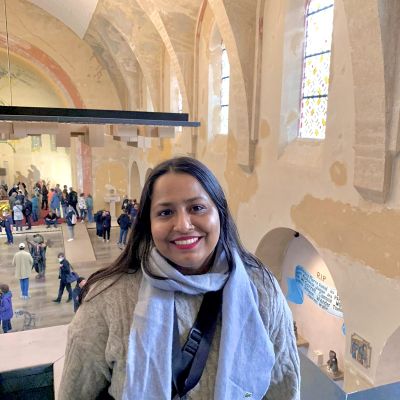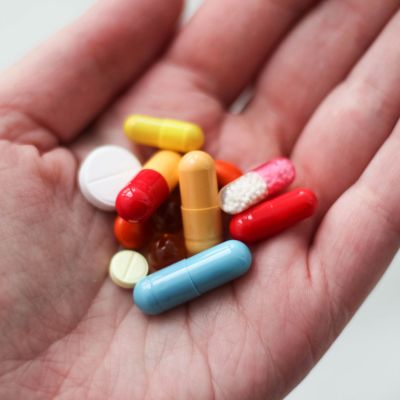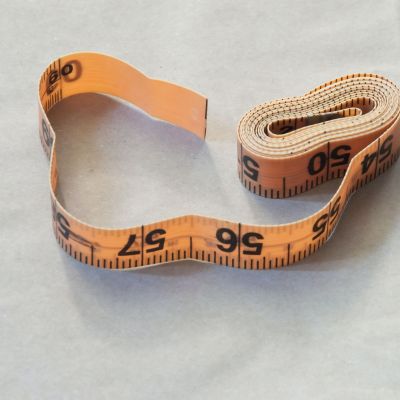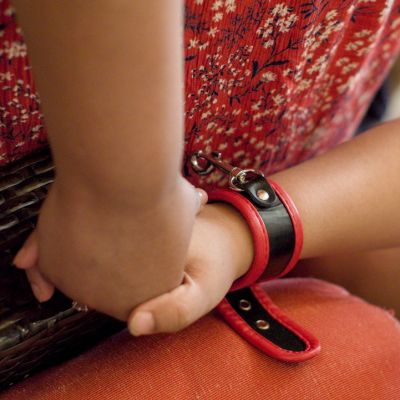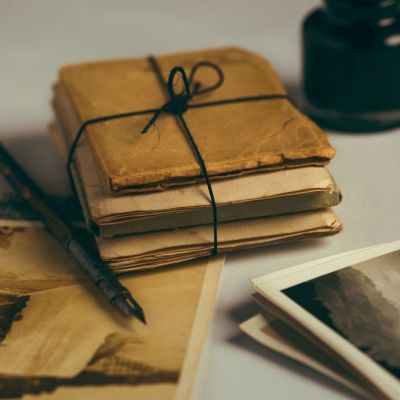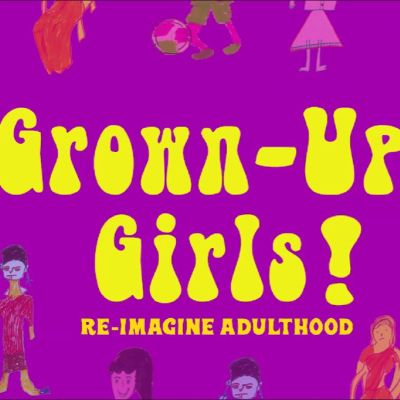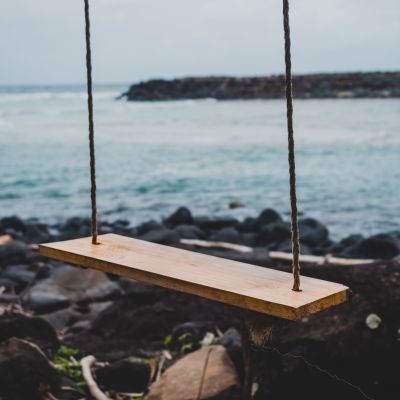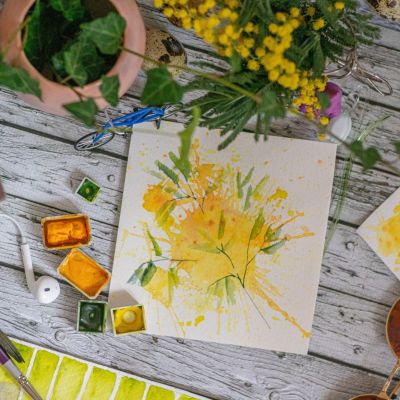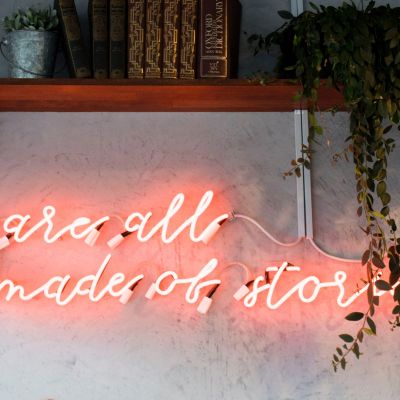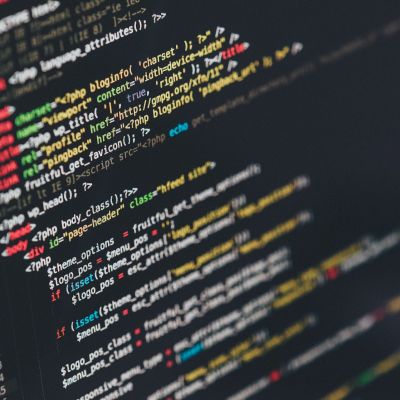Desire
Our bodies are the vessels through which we feel, emote, work or navigate our societies and the world at large. Our bodies are the real, live archive of everything we have experienced and they have borne the consequences of our social conditioning and decisions.
The short-lived thinness had left me before I knew it. I became fat, and thereby undesirable, once again. A chasm appeared in my relationship with my body. Its ways of responding had become strange. My form became unfamiliar to me, and to those around me.
The simple truth is that my body and I are having an affair. We each obsess about the other, ask questions and desire each other so much, that it often borders on the shameless. My body is more in love with me, I suspect, than the other way around.
For me, pregnancy was a strange state of being so present and so aware of my body, while at the same time being separate from it. This experience really did a number on me during those nine months and during the postpartum period.
Our bodies become the form and medium through which we present ourselves to the outside world, engage with it, interact with it, perceive it and are perceived by it.
It is unusual to find films that focus on older people, especially women, given our obsession with youth, ‘fit’ bodies and beautiful faces.
I only ever read your letters
to learn what patterns to avoid
in future relationships.
They use sports, technology, arts, and media to express themselves and to build the confidence to exercise choice and negotiate decisions about their bodies, health and life.
Stories hold power. They shape how we understand the world, and if they are stories of distorted facts and falsehoods, they spread unease, discord and hatred. But stories also allow us to imagine other possibilities; they give us hope that we can overcome oppression and injustice.
This awareness of the status ascribed to women – the status of being the objects of men’s desires – affects every aspect of a woman’s life. Desire then, in particular, becomes an aspect of a woman’s life where navigation becomes tricky.
Khusro to Bullah. Ada to Parveen
यह, वह, वो
He, she, they
Lover or Beloved? Woman or Man?
I see people and places,
Couples and crushes
I hear giggles and whispers.
These are the secrets untold to me.
Looking back, it seems strange, almost sad that he couldn’t contain his anxiety, couldn’t bear the shame of what he did wrong. He must have skimmed over so much turmoil, that he couldn’t accept the reality of harming someone.
We had gathered to [discuss] digital self-determination for people with disabilities… focusing on its core component: the self. How can I be myself in digital spaces? What gives me more of a sense of self in these spaces? How can design, technology and policy contribute to helping me determine myself in digital spaces?

